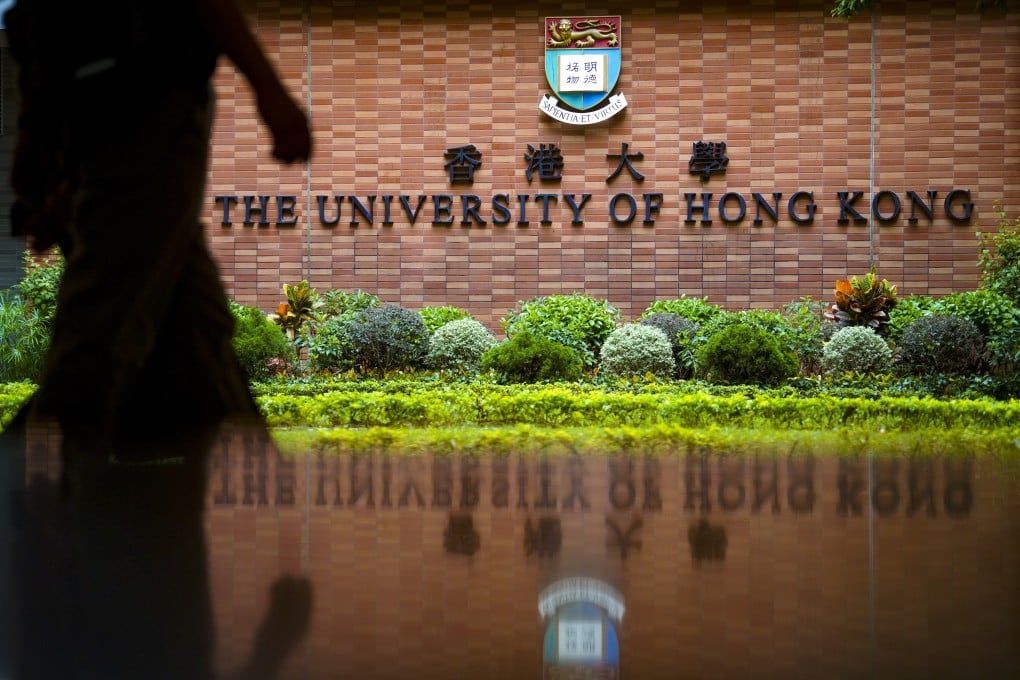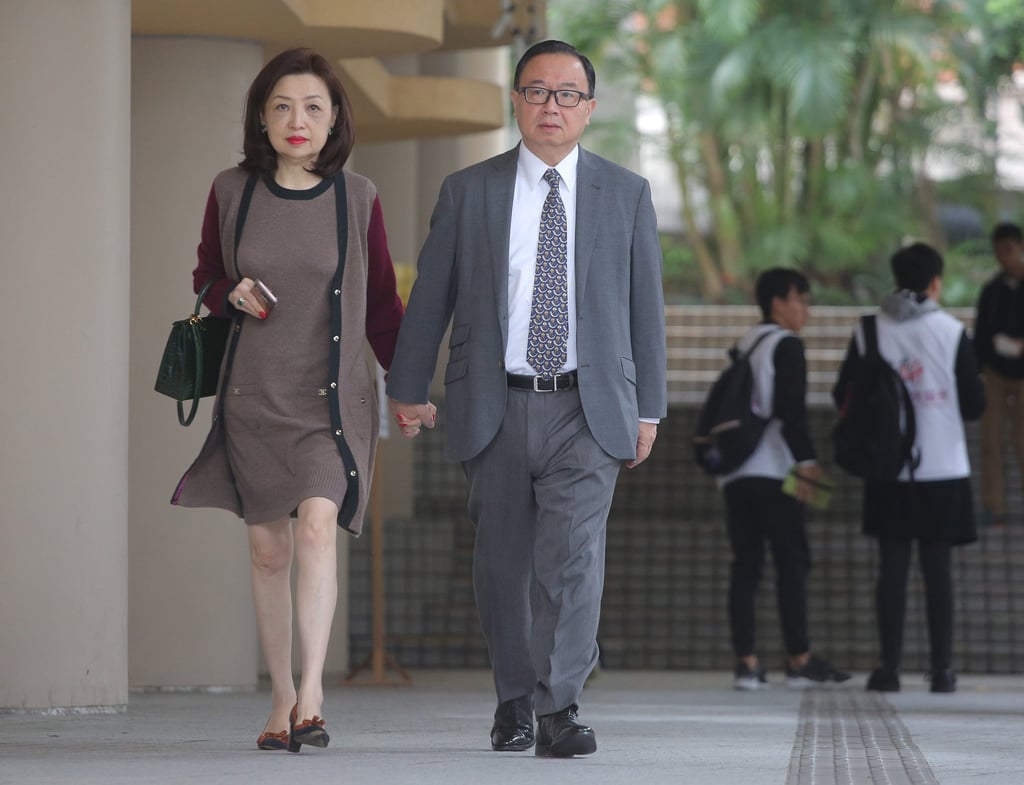Exclusive | Priscilla Wong, police watchdog chief, set to head governing body of University of Hong Kong, city’s top tertiary institution
- Priscilla Wong, chairwoman of the Independent Police Complaints Council, is expected to take over from incumbent Arthur Li at start of next year
- Her appointment comes amid leadership upheaval at HKU, following medical school head’s departure and management looking to fill several senior posts

Priscilla Wong Pui-sze, a barrister who chairs the police watchdog, is set to be appointed the new head of the University of Hong Kong’s (HKU) governing council, as part of a wider ongoing leadership reshuffle, the Post has learned.
She will succeed Professor Arthur Li Kwok-cheung, 76, on January 1 after he completes his sixth year on the job, according to multiple sources.
Hong Kong’s top university has recently experienced an upheaval of its leadership ranks following the resignation of renowned epidemiologist Professor Gabriel Leung as head of its medical school, and the installation of new deans in several faculties over the past year, including Professor Fu Hualing in the law faculty. The university is also looking to recruit new deans of education, science and social sciences.

Word of Wong’s impending appointment emerged after the university announced that president Xiang Zhang would stay on for another term, running through to 2028. Management disclosed the extension last month, nearly two years before his current term was set to end.
In May, low-profile lawyer Wong was appointed chairwoman of the Independent Police Complaints Council (IPCC), which reviews the force’s handling of complaints against police and reports directly to Hong Kong’s chief executive.
Wong – the wife of pro-Beijing heavyweight Martin Liao Cheung-kong who is seeking re-election as lawmaker – is also head of the government-appointed Minimum Wage Commission and a member of the Shanghai arm of the nation’s top political advisory body.